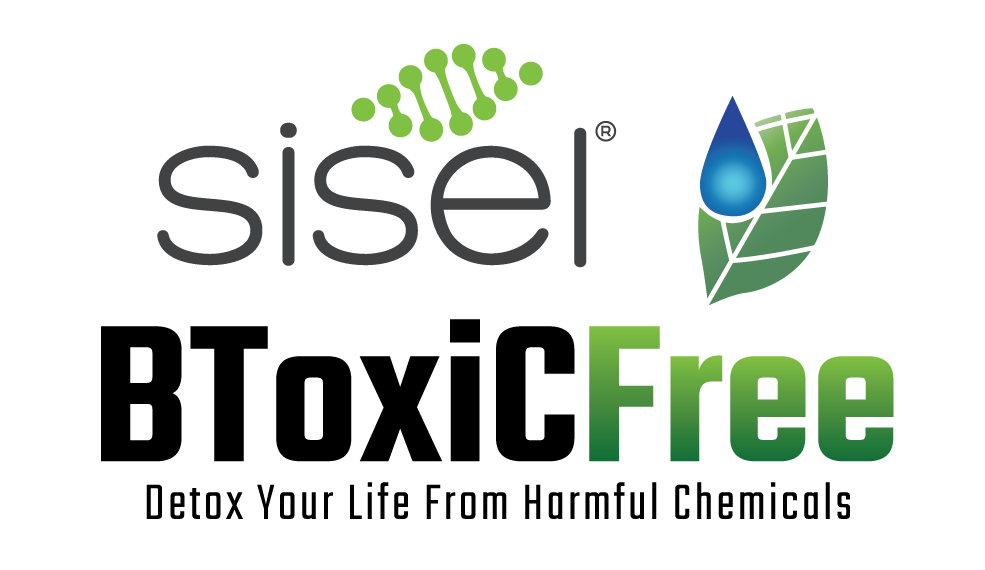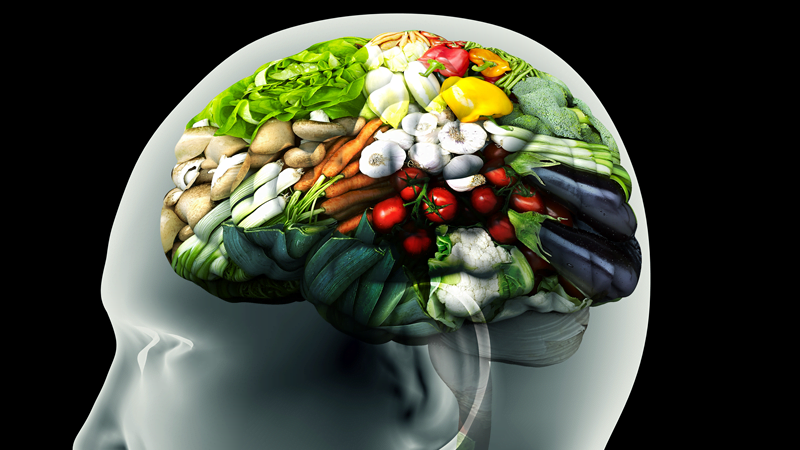The word “antioxidants” is a common term in the health industry. Doctors and other medical experts often recommend eating foods rich in antioxidants to improve health and reduce the signs of aging.
But if someone was to ask you what an antioxidant is, what would be your response?
You see not many people understand what antioxidants are. All we know is that doctors recommend them because they are good for us. But why do they recommend them? And what are these “antioxidants” that people have put so much trust in?
Understanding antioxidants
Antioxidants are natural substances that help prevent cell damage caused by free radicals. Foods such as vegetables and fruits are rich in antioxidants known to support and boost human health. Some common antioxidants you may know include vitamin C, vitamin E, carotenoids, and selenium.
But what are free radicals? And how do they affect our health?
Free radicals are unstable molecules that occur naturally in our bodies whenever we exercise and when our bodies convert food into energy. Certain chemicals in our environment also increase our exposure to free radicals owing to their ability to actually form free radicals. Pesticides, radiation, sunlight, and cigarette smoke are some common free radicals found in the environment.
Now that we know what free radicals are, how do they affect our health? According to health experts, free radicals are capable of causing oxidative stress.
Oxidative stress
Oxidative stress occurs when there is imbalance between the antioxidants in the body and free radicals. The antioxidants in your body act as a defense system and what they do is neutralize the chain reaction that occurs when they react with the free radicals. This protects the cells from damage. However, when the body is unable to neutralize the harmful effects of free radicals, oxidative stress takes place.
Oxidative stress is known to lead to the development of a variety of chronic diseases. These diseases include cancer, diabetes, cardiovascular diseases, Alzheimer’s disease, inflammatory diseases, and Parkinson’s disease. It also accelerates skin aging.
Simply put, free radicals can cause damage to cells as well as cause a variety of diseases. But not all free radicals are harmful. Some free radicals are used by the body’ immune system to fight bacteria and viruses as well as eliminate dead tissue.
Types of Antioxidants and their sources
Antioxidants fall under three categories:
- Vitamins
- Enzymes
- Phytochemicals
Vitamins
Vitamins are referred to as essential nutrients and they offer a myriad of benefits. They help maintain healthy bones, teeth, and skin. They boost the body’s metabolism and repair damaged cells. They help the body form red blood cells and metabolize food by converting it into energy.
Since our bodies cannot produce these essential nutrients, it is, therefore, important that we eat foods rich in vitamins. Antioxidant vitamins such as vitamin A, vitamin C, vitamin E, beta-carotene, and folic acid are some of the vitamins you should include in your daily diet.
Enzymes
Enzymes are a form of antioxidants that perform a number of function including neutralizing free radicals. Examples of antioxidant enzymes include glutathione reductase, glutathione peroxidase, superoxide dismutase, and catalases.
Phytochemicals
This type of antioxidants are also known as phytonutrients and they are produced by plants. The reason why produce phytochemicals is to protect themselves from free radicals. In other words, these phytonutrients act as a defense mechanism against free radicals, which is the primary function of antioxidants. Some phytochemicals are said to provide support in protecting cells from the damage that causes cancer.
Examples of phytochemicals include flavonoids, carotenoids, and polyphenols.
Sources of Antioxidants
Foods high in phytochemicals include vegetables, fruits, and whole grains. Processed foods also contain phytochemicals but in small amounts. Some examples of fruits and vegetables rich in phytochemicals you should add to your daily diet include cabbage, carrots, broccoli, tomatoes, sweet potatoes, legumes, garlic, apples, and apricots.
Bananas, apricots, pineapples, avocados, papaya, and fermented cabbages are some examples of foods rich in antioxidant enzymes.
When it comes to vitamins, the food options are manifold. All fruits and vegetables contain vitamins. Other foods that contain vitamins include dairy products and meats.
Plant-based Vitamins vs. Multivitamins
Plant-based vitamins are vitamins we get from plants and multivitamins are synthetic vitamins. Multivitamins serve as dietary supplements and contain other nutritional elements including dietary minerals.
You can choose to add multivitamins to your daily diet. But before you take a dietary supplement, talk to your doctor first. Although dietary supplements contain a combination of vitamins and minerals, many of them do not contain a good balance of these nutritional elements. For this reason, they may have a negative impact on your health, particulary if they are poorly formulated. That is why it is important to purchase from a reputable source.
Dietary supplements may be a good alternative source of vitamins, but they need to be taken in moderation. Also, avoid substituting natural supplements with good nutrition because supplements do not contain all the necessary nutrients your body needs to stay healthy. Whilst i personally believe nearly everyone should be taking supplements to fight aging, it is more important to make improvements to ones diet and increasing water intake before adding supplements.
Benefits of antioxidants they:
- boost our health by neutralizing free radicals
- promote the health of the eyes, teeth, bones, and muscles
- protect the skin from the effects of free radicals
- prevent and reverse signs of aging
- promote hair growth
- boost brain function
Antioxidants and anti-aging
The purpose of this blog post is to provide you with some key facts about antioxidants. I am a strong believer in antioxidants and their ability to reverse the signs of aging. Which is why I am proud to talk about Sisel products. I use the full range of Sisel products on a daily basis (for myself and my dog Milo!). I feel they are doing an excellent job to reverse the effects of aging and keeping myself looking youthful.
Why do I believe in Sisel anti-aging products?
Since the beginning, Sisel International has been producing anti-aging supplements made with cutting edge ingredients based on the very latest scientific research. Tom Mower, Sisel’s founder has made it his mission to produce well-balanced organic anti-aging supplements.
Sisel and Antioxidants
Some essential and powerful antioxidants contained in their anti-aging products include:
-
- Vitamin A — it stimulates collagen production which is responsible for keeping the skin healthy. It also stimulates the production of dermal fibroblasts. These are cells found within the layers of skin and they are responsible for keeping the skin firm.
- Vitamin C — neutralizes free radicals in the skin and stimulates collagen production.
- Vitamin D — plays a role in skin cell growth and repair. It also destroys free radicals that cause premature aging.
- Thiamin — also referred to as Vitamin B1. Thiamin contains properties that help eliminate toxins from the body and improve blood circulation improving the health of your skin.
- Niacin — also known as Vitamin B3. Niacin is effective at reducing the appearance of wrinkles thanks to its ability to stimulate elastin and collagen production.
- Resveratrol -It is a known fact that only high amounts of Resveratrol actually deliver impressive benefits. Tom Mower has produced a product called Eterntiy which is available through Sisel.
If you are looking for something to add to your antioxidant regimen, I recommend Sisel’s AGE Pill. If you are interested in Sisel products or have any questions about their products, please contact me via email, Skype or phone 0422 53 8801.
Last Updated on March 27, 2023 by Katie Sisel Distributor

